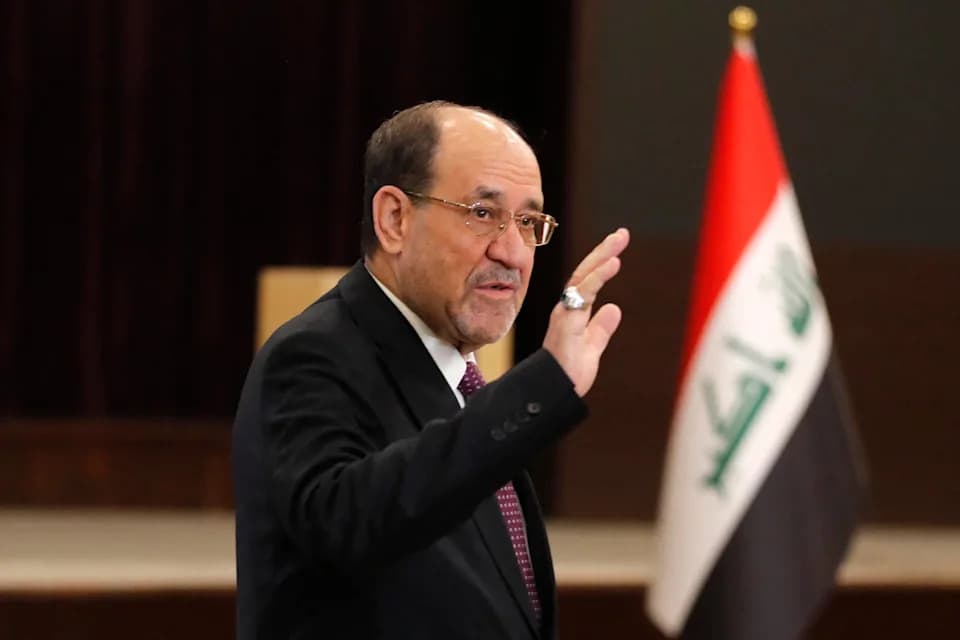The article outlines Iraq's post-election process: court certification, a swearing-in and vote for a parliamentary speaker (typically Sunni), election of a Kurdish president within 30 days, a 15-day window to nominate a prime minister, and one month to form a cabinet. Building a coalition and selecting a premier is usually the hardest part, as seen in 2021 when Moqtada Sadr's bloc failed to form a government and the Coordination Framework backed Mohammed Shia al-Sudani. Regionally, the incoming prime minister must balance Iran's longstanding influence and the US push to curb Tehran, with sanctions and militia dynamics likely to remain central.
After Iraq's Election: Timeline, Power Play and Regional Stakes

Iraqis have voted for a new parliament, but the outcome is only the start of a complex political process that will shape Baghdad's domestic course and its relations with Washington and Tehran. Here is what happens next and what to watch for regionally.
What happens after the vote?
The formal post-vote sequence follows constitutional deadlines, though in practice delays are common:
- Certification: Iraq's Supreme Court must first validate and certify the election results.
- Swearing-in and speaker: About two weeks after certification, newly elected MPs typically meet for a swearing-in ceremony and elect a parliamentary speaker — traditionally a Sunni.
- Presidential election: Within 30 days of the first sitting, parliament should elect a president. By convention the president is a Kurd and must win a two-thirds majority.
- Prime minister selection: The president then has 15 days to nominate a prime minister, normally the choice of the largest Shiite-led bloc formed through coalition talks.
- Government formation: The prime minister-designate has one month to form a cabinet and win a parliamentary vote of confidence.
These deadlines are often extended. Rival factions frequently pursue intensive behind-the-scenes negotiations instead of formal votes; such stalling can paralyze parliamentary business and sometimes trigger protests or unrest.
How is the government formed?
Forming a governing coalition and naming a prime minister is usually the most difficult stage. No single list wins a clear majority in modern Iraqi elections, so the new premier will be the leader of whatever coalition can attract enough partners to become the largest bloc.
History offers recent examples: in 2021 the bloc led by influential Shiite cleric Moqtada Sadr won the most seats but fell short of a majority. After failing to build a coalition, Sadr withdrew his MPs. Rival Shiite parties then coalesced under the Coordination Framework — a pro-Iran grouping that backed Mohammed Shia al-Sudani as prime minister.
Regional impact: balancing Tehran and Washington
The incoming prime minister faces a familiar tightrope: preserving Iraq's sovereignty while managing pressure from two powerful external patrons, Iran and the United States. Since the 2003 US-led invasion, Tehran has built deep ties inside Iraq — supporting politicians and armed groups — and has been a major influence on Baghdad's politics.
Political analyst Hamzeh Hadad says the 'Iranians are the weakest they've been' since 2003, pointing to heavy losses suffered by Iran-backed actors after recent Israeli strikes and conflicts across the region.
Tehran's priorities include protecting its political foothold in Iraq, maintaining armed groups that act as a counterweight to the US, and keeping economic channels open. At the same time, analysts say Iran is wary of overt interference that could backfire publicly.
Washington, meanwhile, aims to curb Iran's influence in Iraq, pressing Baghdad to rein in Tehran-backed militias and using sanctions on Iraqi entities and banks to limit Tehran's ability to evade international pressure. Expect these diplomatic and economic levers to continue shaping Iraqi politics after the vote.
What to watch next
- How quickly the Supreme Court certifies results and whether the initial parliamentary sitting happens on schedule.
- Which coalitions form and which bloc can claim to be the largest — that will determine the prime ministerial nominee.
- How openly Iran and the US engage after the vote and whether pressure (diplomatic, economic or security-related) intensifies.
Bottom line: The election is an important milestone, but Iraq's political future will depend on post-election coalition building and how the next government manages competing regional pressures.
Help us improve.


































